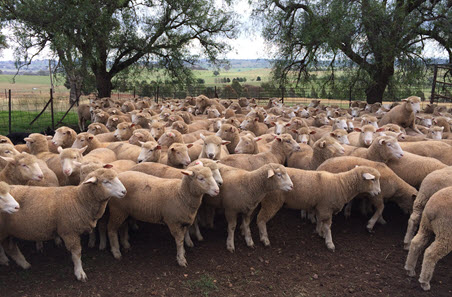Reflecting changing sentiment in the SSF
May 22 2025

More information
Resources
- Read results from the 2024 materiality assessment.
Contact:
Courtney Nelson – Manager, SSF

More information
Resources
Contact:
Courtney Nelson – Manager, SSF